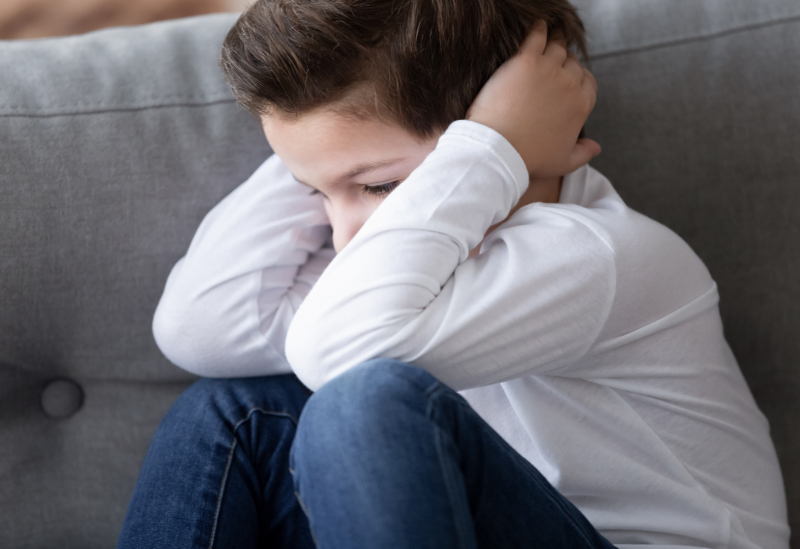Child Trauma & Mental Health Training
Schools/ APs are extremely busy places and they are under a significant amount of pressure to ensure the highest quality of standards and achievement from all pupils.
However, some students provide school staff with significant challenges in terms of the behaviours that they present. More often these students receive a diagnosis linked to the outward
characteristics displayed rather than the internal causes.
Our mission is to provide inspirational training for schools and organisations, so that they become trauma informed and mentally healthy places for all. Our training
courses are designed to improve the emotional wellbeing of children and young people by providing the cutting-edge knowledge, practical skills and understanding so staff can confidently recognise,
empathise and sensitively heal child trauma and mental ill-health.
Challenging Behaviour or Trauma?
Misdiagnosis of challenging behaviour is becoming an epidemic. Too often, children and young people are misdiagnosed with a learning
difficulty or disability without professionals seeking a full trauma history of the child or their family circumstances. As a result, the true extent of the problem may not be fully revealed until
early adult life.
What is the ACE study and why is it so important for schools?
The Adverse Childhood Experiences Study, (ACE study) is one of the biggest Public Health studies of all time. The study found that adverse childhood experiences are a leading
determinant of the most common forms of physical illness (e.g. cancer, diabetes, heart attacks), mental illness (e.g. depression and anxiety) and early death in the Western World. ACEs are also a
leading determinant of homelessness, drug and alcohol addition, smoking and domestic violence.
Neuroscience shows how the toxic stress of trauma damages the structure and function of children’s brains, which can explain their hyperactivity, inattentiveness, angry outbursts
and other behaviours. This can affect their ability to learn in school, and can possibly lead them to use drugs, alcohol and food as coping mechanisms.
From identifying the ACEs in a child’s life, specific interventions and therapies can be matched to enable the child to process their underlying trauma in order to prevent an
escalation along this path of challenging behaviour. Research studies show that ‘protective factors’ in a child’s life, before the age of 18, can significantly help to change the trajectory
from childhood adversity to avoid challenging behaviour, learning difficulties, long-term mental, physical and societal ill-health.
We ensure that course participants leave our training without the fear that they may once have had regarding supporting children suffering with trauma. Staff will feel empowered to
be an ‘Emotionally Available Adult’ and recognise the vital importance of keeping children and young people feeling psychologically and physiologically safe.
Contact us today, with no obligation, to discuss how we can help you or your team.
Telephone: 01924 891080 or 07581562669
Email: reactuktraining@gmail.com



